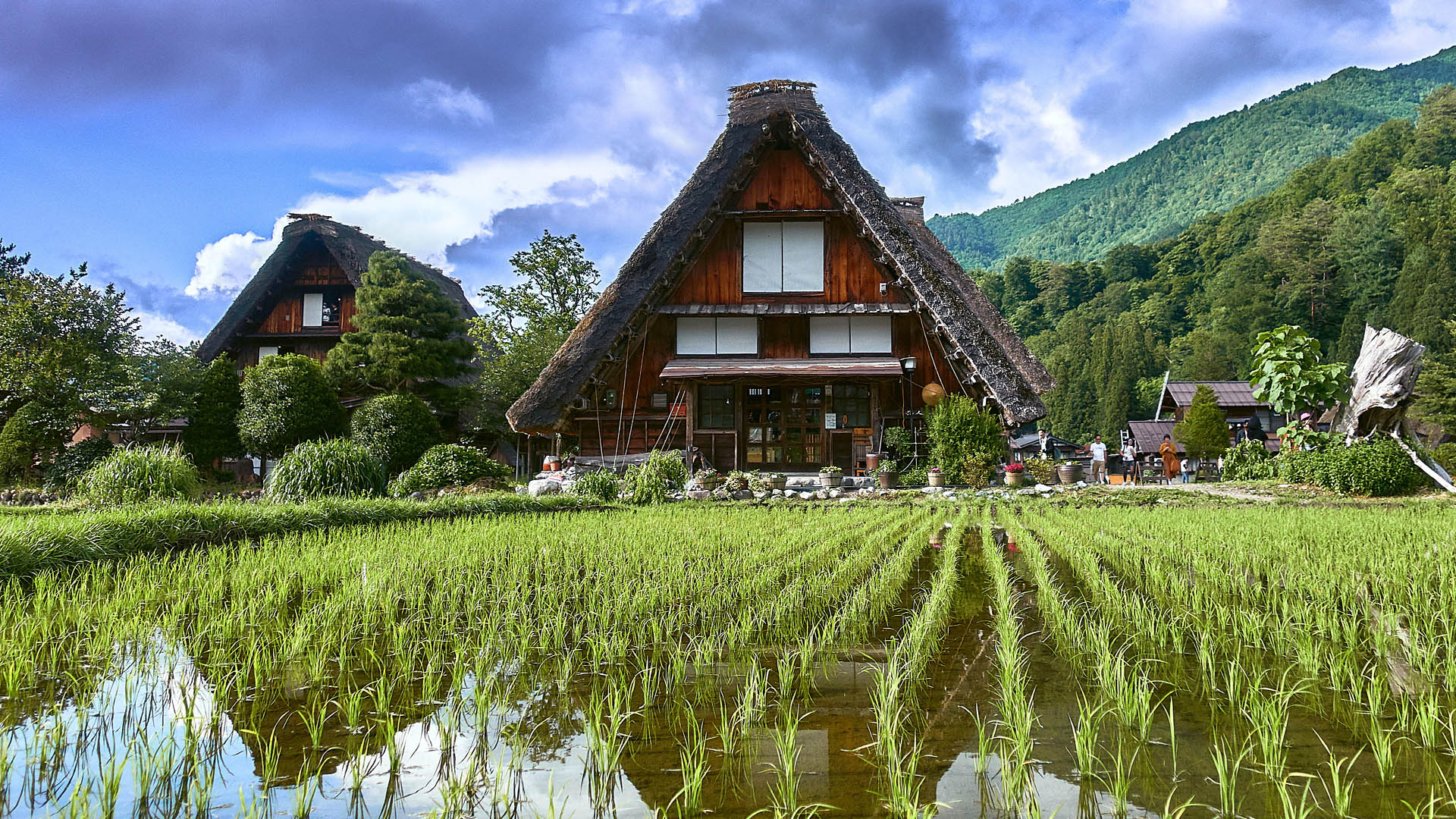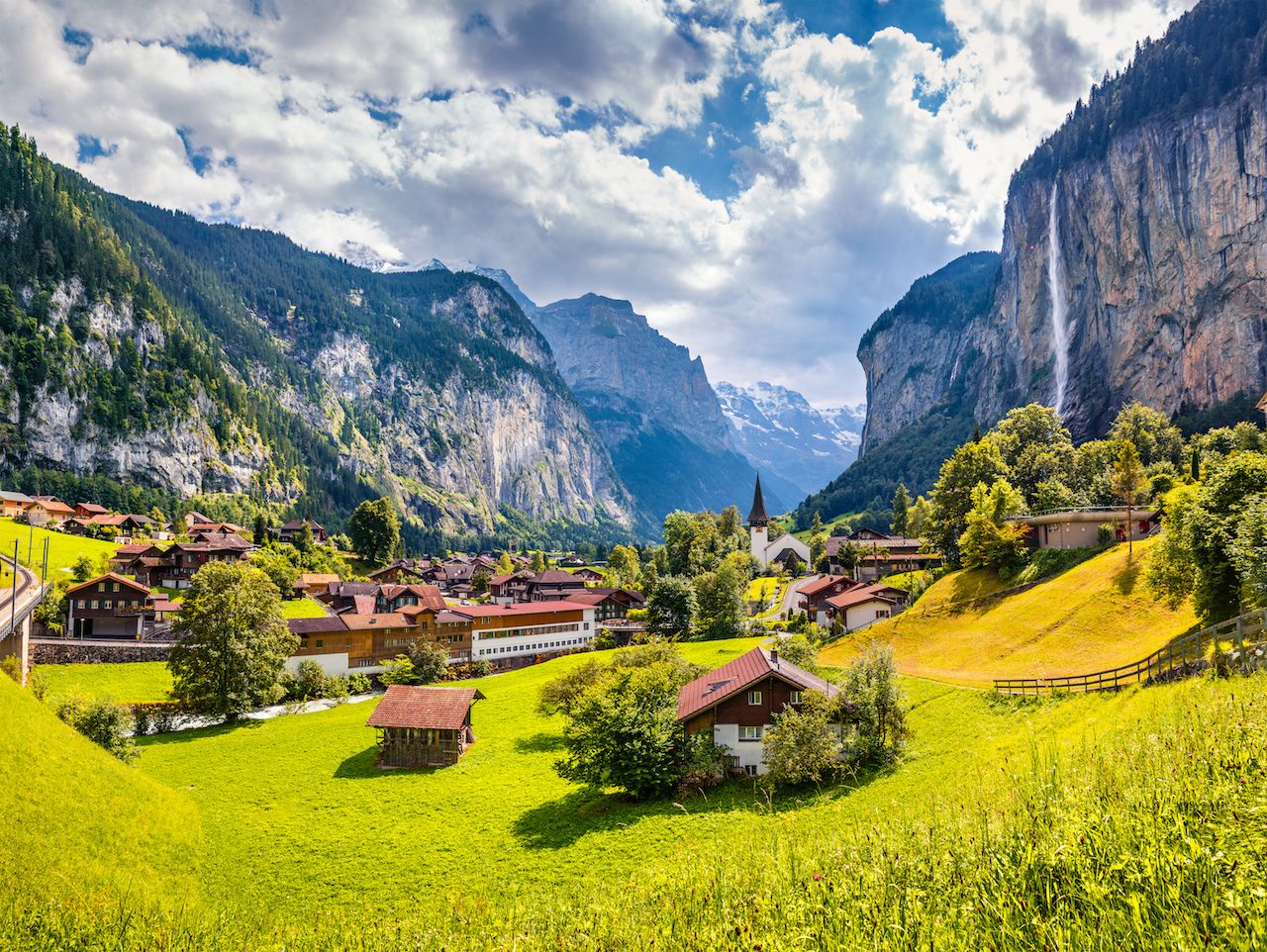Village Hotels Christmas 2025: Your Ultimate Guide to a Festive Season of Joy and Relaxation

As the leaves begin to turn and the crisp autumn air whispers promises of winter, thoughts inevitably drift towards the most wonderful time of the year: Christmas. For many, the festive season is a cherished time of family, feasting, and fun, but it can also be a period of immense stress, from decorating and cooking to hosting and entertaining. Imagine, instead, a Christmas where every detail is taken care of, where you can simply arrive, relax, and revel in the magic without lifting a finger. This dream can become a reality with Village Hotels Christmas 2025, offering an unparalleled festive escape designed to create unforgettable memories for you and your loved ones.
Village Hotels, renowned for their modern facilities, vibrant atmosphere, and convenient locations across the UK, are poised to transform into enchanting winter wonderlands for Christmas 2025. From the moment you step through their doors, you’ll be enveloped in a festive embrace, with twinkling lights, aromatic scents of pine and mulled wine, and the gentle hum of carols setting the perfect holiday mood. This article delves into why Village Hotels Christmas 2025 promises to be the ultimate destination for a truly magical and stress-free festive season.
The Enchanting Atmosphere: A Winter Wonderland Awaits
One of the defining features of Village Hotels Christmas 2025 will be the meticulously crafted festive ambiance. Each hotel will be adorned with exquisite decorations, transforming common areas into dazzling spectacles of light and colour. Picture grand Christmas trees towering in lobbies, bedecked with shimmering ornaments and sparkling fairy lights. Garlands draped with festive foliage, berries, and ribbons will line staircases and archways, creating a sense of warmth and welcome. The air will be filled with the subtle scent of cinnamon and gingerbread, perhaps even the occasional waft of roasting chestnuts, stimulating the senses and evoking cherished childhood memories.
Beyond the visual splendour, the auditory experience will be equally immersive. Carefully curated festive playlists will fill the air, ranging from classic carols to contemporary Christmas hits, ensuring a cheerful backdrop to your stay. In the evenings, many locations will feature live entertainment, from carol singers to local musicians performing festive sets, adding an extra layer of merriment and communal joy. The goal is to create an environment where the spirit of Christmas is palpable in every corner, encouraging guests to unwind, connect, and truly soak in the holiday cheer.
Accommodation: Your Home Away From Home
Village Hotels are synonymous with comfort and contemporary design, and Christmas 2025 will be no exception. Guests can look forward to retreating to stylish and spacious rooms, meticulously designed to provide a relaxing sanctuary after a day of festive activities. Whether you opt for a standard double, a family room, or a more luxurious suite, each accommodation option boasts plush bedding, modern amenities, and thoughtful touches that ensure a restful night’s sleep.
Connectivity is key, and all rooms will offer high-speed Wi-Fi, allowing you to share your festive moments with loved ones or simply stream your favourite Christmas movies. Smart TVs provide a wide range of entertainment options, while tea and coffee making facilities ensure you can enjoy a warm beverage at your leisure. For families, interconnecting rooms or larger family suites will be available, providing ample space and privacy for everyone. Imagine waking up on Christmas morning in a comfortable bed, knowing that all the festive preparations are being handled for you, allowing you to simply savour the excitement of the day.
Culinary Delights: A Feast for the Senses
At the heart of any memorable Christmas is the food, and Village Hotels Christmas 2025 promises a gastronomic journey that will delight even the most discerning palate. Their renowned Village Pub & Grill will be at the forefront of the culinary offerings, serving up traditional festive fare with a contemporary twist.
The Christmas Eve dinner will set the tone, offering a delicious prelude to the main event. On Christmas Day, prepare for a magnificent multi-course feast. Expect succulent roasted turkey with all the traditional trimmings – crispy roast potatoes, fluffy Yorkshire puddings, seasonal vegetables, rich gravy, and cranberry sauce. For those who prefer alternatives, there will likely be options such as slow-cooked beef, pan-seared salmon, or exquisite vegetarian and vegan dishes, ensuring every dietary preference is catered for with care and creativity. The culinary team prides itself on using fresh, locally sourced ingredients where possible, guaranteeing quality and flavour.
Boxing Day will bring further culinary delights, perhaps a hearty brunch or a relaxed carvery, perfect for unwinding after the previous day’s festivities. Throughout your stay, the Village Pub & Grill will also offer its regular menu, providing flexibility and choice. Furthermore, many Village Hotels feature a Starbucks, perfect for your morning coffee fix or a festive gingerbread latte, adding another layer of convenience and comfort to your holiday experience. Dietary requirements and allergies will be handled with the utmost professionalism, ensuring every guest can enjoy their meals safely and without worry.
Entertainment and Activities: Sparkle and Merriment for All Ages
Village Hotels Christmas 2025 is designed to be a vibrant hub of activity, offering a diverse range of entertainment options to suit all ages and preferences. For families, the magic truly comes alive. Expect visits from Santa Claus in his enchanting Grotto, where children can share their wish lists and receive a special gift. There will likely be organised festive crafts sessions, face painting, and perhaps even dedicated kids’ entertainment shows, ensuring the younger guests are thoroughly entertained and immersed in the holiday spirit. Family movie nights, featuring beloved Christmas classics, could also be on the agenda, complete with popcorn and cosy blankets.
For adults, the evenings will come alive with a variety of entertainment. Many Village Hotels will host festive party nights, complete with live music, DJs, or tribute acts, providing the perfect opportunity to dance the night away and celebrate with friends and family. The Village Pub & Grill will often feature live acoustic sets or festive quizzes, fostering a relaxed yet lively atmosphere. Whether you prefer a quiet drink by the fire or a full-blown festive party, there will be an option to suit your mood.
Wellness and Relaxation: Rejuvenate Your Spirit
One of the unique advantages of choosing Village Hotels for your Christmas 2025 getaway is the integration of state-of-the-art leisure facilities. While the festive season is often associated with indulgence, it’s also an ideal time to prioritise well-being and relaxation. Each Village Hotel boasts a comprehensive health club, featuring a heated swimming pool, a fully equipped gym, and a range of fitness classes.
Imagine starting your Christmas Day with a refreshing swim, or perhaps a gentle workout to balance out the festive feasting. The pools offer a fantastic opportunity for both adults and children to unwind and have fun. Furthermore, many Village Hotels are home to the Viva Urban Spa, offering a sanctuary of calm and rejuvenation. Guests can treat themselves to a relaxing massage, a revitalising facial, or a soothing body treatment, melting away any lingering stress and truly embracing the spirit of relaxation. This unique blend of festive indulgence and wellness opportunities sets Village Hotels apart, allowing you to emerge from your Christmas break feeling refreshed, re-energised, and ready to tackle the new year.
The Village Hotels Difference: More Than Just a Stay
Choosing Village Hotels Christmas 2025 means opting for convenience, quality, and an all-encompassing experience. Their locations are often strategically placed, offering easy access to local attractions, shopping centres for last-minute gift dashes, or picturesque countryside for a bracing Boxing Day walk. Ample free parking is typically available, removing one more layer of holiday stress.
The "Village" concept itself fosters a sense of community and belonging. Everything you need is under one roof: comfortable accommodation, diverse dining options, vibrant entertainment, and world-class leisure facilities. This integrated approach means less travelling, less planning, and more time simply enjoying the company of your loved ones. It’s about creating a seamless and joyous experience where every detail is considered, allowing you to fully immerse yourself in the magic of Christmas.
Planning Your 2025 Christmas Escape
While Christmas 2025 may seem a long way off, the most sought-after festive breaks, especially those offering exceptional value and a comprehensive experience, tend to book up quickly. Village Hotels will likely offer a range of festive packages, from two-night breaks to longer stays, catering to different preferences and budgets. Early booking is highly recommended to secure your preferred dates and room types, and to potentially take advantage of any early bird offers.
Keep an eye on the Village Hotels website and social media channels for specific Christmas 2025 package announcements, as details can vary slightly between individual hotels. Researching the specific offerings of your chosen location will ensure it aligns perfectly with your festive vision.
In conclusion, Village Hotels Christmas 2025 presents an irresistible invitation to experience the festive season in a truly special way. It’s an opportunity to escape the usual holiday pressures and instead immerse yourself in a world of comfort, culinary excellence, exciting entertainment, and rejuvenating wellness. From the moment you arrive, you’ll be enveloped in a magical atmosphere, allowing you to create cherished memories with family and friends that will last a lifetime. Don’t just dream of a perfect Christmas – make it a reality by choosing Village Hotels for your ultimate festive escape in 2025.






